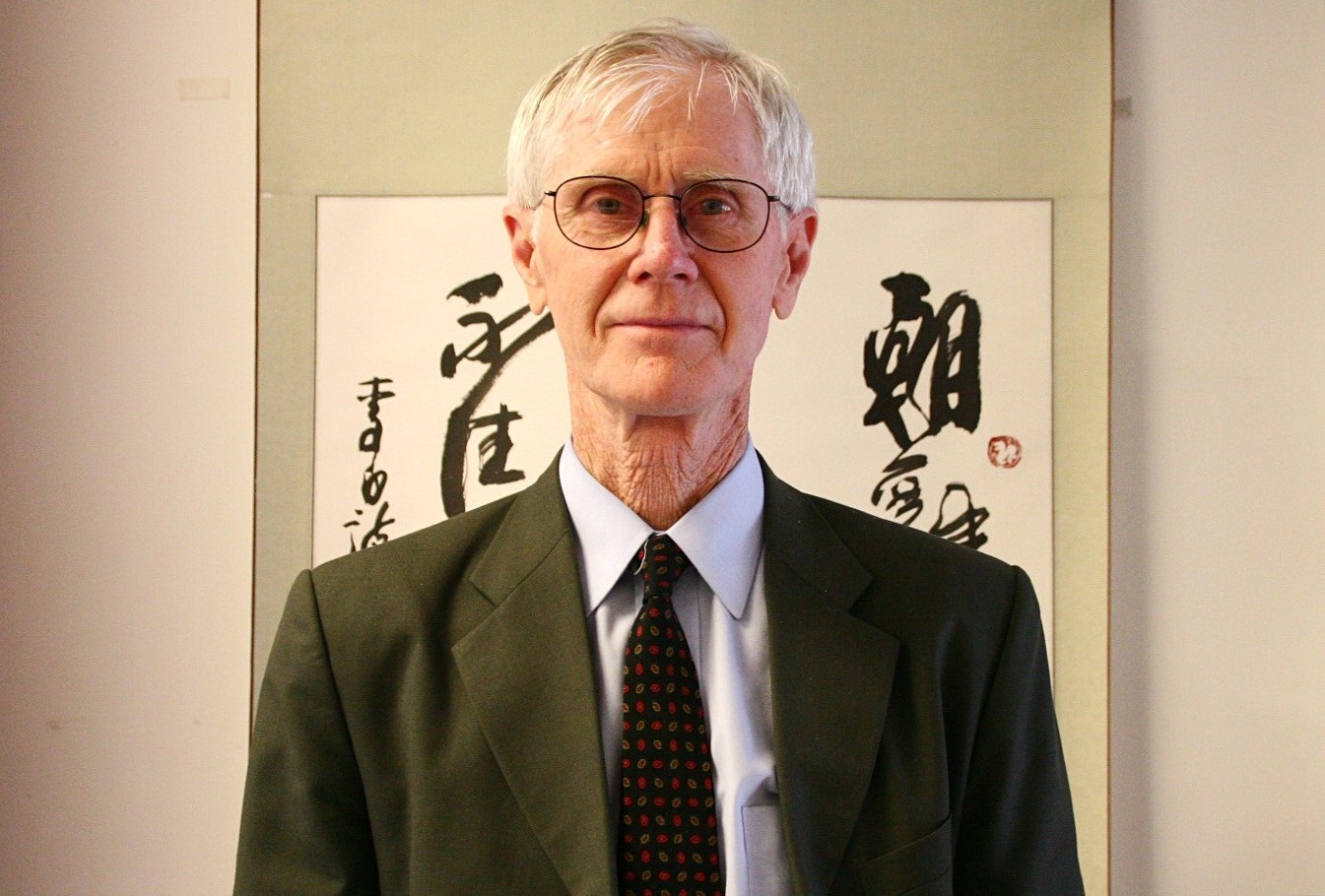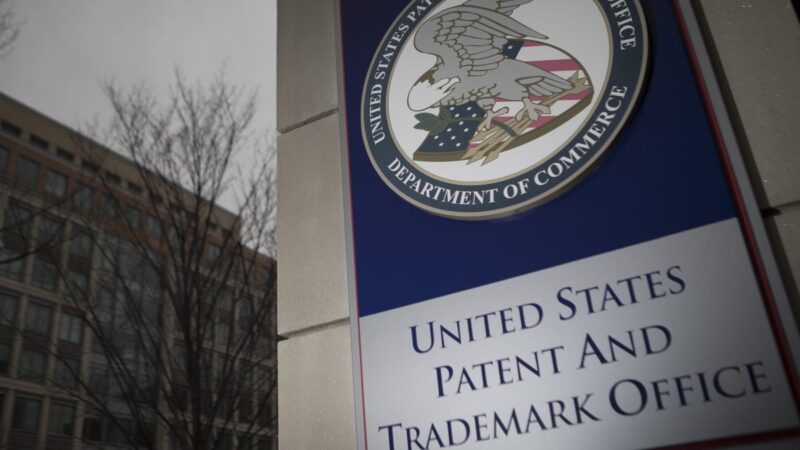Orville Schell

Orville Schell is the Arthur Ross Director of the Center on U.S.-China Relations at the Asia Society in New York. He is a former professor and Dean at the University of California, Berkeley Graduate School of Journalism.
Schell is the author of fifteen books, ten of them about China, and a contributor to numerous edited volumes. His most recent book is Wealth and Power: China’s Long March to the Twenty-first Century and the Chinese historical novel, My Old Home. He has also been a contributor to such magazines as The New Yorker, The Atlantic, The New York Times Magazine, Foreign Affairs, the Wall Street Journal, The Wire China, and The New York Review of Books, among others.
Schell graduated Magna Cum Laude from Harvard University in Far Eastern History, was an exchange student at Taiwan University in the 1960s, and earned a PhD (Abd) in Chinese History at the University of California, Berkeley. He worked for the Ford Foundation in Indonesia, covered the war in Indochina as a journalist, and has traveled widely in China since the mid-70s.
He is a Fellow at the Weatherhead East Asian Institute at Columbia University, a Senior Fellow at the Annenberg School of Communications at USC and a member of the Council on Foreign Relations. Schell was a Fellow at Columbia University’s Graduate School of Journalism and the recipient of many prizes and fellowships, including a Guggenheim Fellowship, the Overseas Press Club Award, and the Harvard-Stanford Shorenstein Prize in Asian Journalism.


Assessing the Patent and Trademark Office’s Inventorship Guidance for AI-Assisted Inventions
